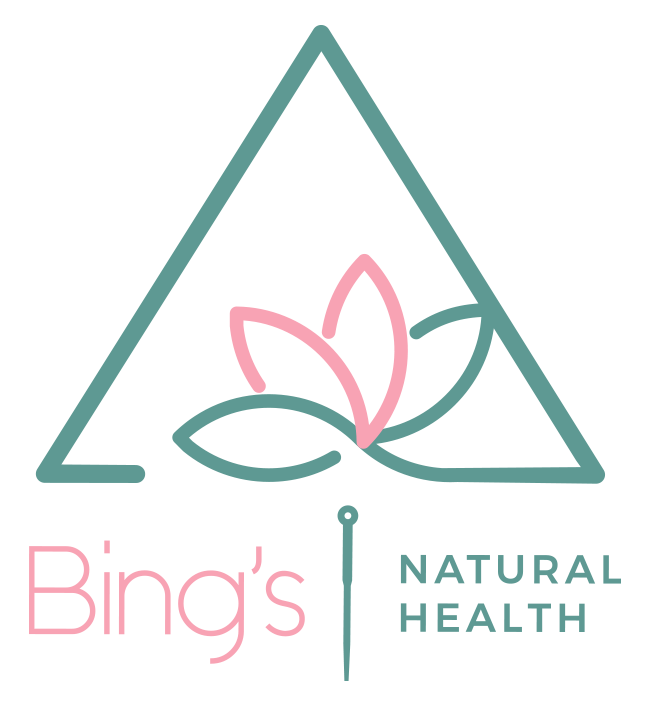Does histamines in food make my hayfever worse?
Are hayfever symptoms bothering you? We’ve noticed more clients coming into the acupuncture clinic recently with nasty hay fever symptoms since August. So today, we wanted to share these easy tips to help you reduce hay fever symptoms at home.
DID YOU KNOW….? Defrosting food can increase histamine levels within your food!!
Firstly, what are histamines and what do they do in our body?
TRUST ME, histamines are not all bad news!
Histamines are a natural chemical produced in our body as part of the immune response. Their job within the immune system is to fight off invaders like viruses, bacteria, and allergens. Histamines do all this to help prevent you from getting sick.
Histamines have good qualities within the body like:
helping with our cardiovascular function by dilating blood vessels which improves circulation
regulating and aiding digestion by stimulating stomach acid to help breaskdown your food into nutrients available for the bnody to absorb
play a role in regulating our moods
help with our sleep-wake cycle.
But, since histamines trigger inflammation in the body, they can make you feel miserable with common hayfever symptoms like
itchy, blocked and/or runny nose,
red and teary eyes,
headaches and so on
These simple dietary changes can help our body to break down histamine efficiently which helps your immune system.
Some fresh fruits and vegetables have natural antihistamine properties. These include: dark leafy vegetables, sweet potatoes, asparagus, cucumbers, blueberries, apples, kiwi fruit pineapple.
Probiotics (good gut bacteria) are found in naturally fermented foods like:yoghurt, kefir, sauerkraut, pickles
Omega-3 fatty acids are helpful in reducing inflammation. These include: oily fish, flaxseed and chia seeds
Ginger and lemon tea are well-known for helping with your nausea; did you know this delicious tea also helps reduce histamine levels in your body?
Not keen on changing your diet for hayfever? I get it, it can be challenging and time-consuming.
Other helpful tips that can help ease hayfever symptoms:
Washing your hands frequently, and keeping your house clean and using an air purifier
Using a nasal spray or sinus saline irrigation up to three times per day helps clear out your sinuses and improve your hayfever symptoms.
Check local pollen count. Some weather apps will have this information; you can also check websites like melbournepollen.com.au or airwatch.deakin.edu.au On high pollen days, try to plan an indoor day, but remember to wear a mask if you have to venture outside.
Acupuncture and Chinese herbs can be helpful in reducing your hayfever symptoms. Book an appointment with one of our friendly practitioners at Bing’s Natural Health to find out what we can do for you.


